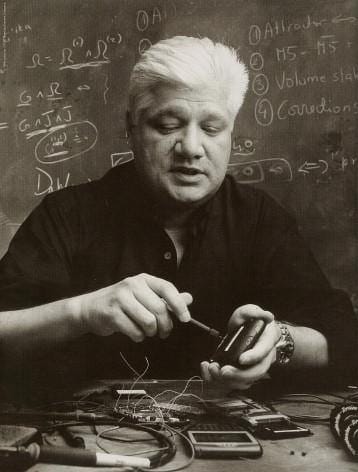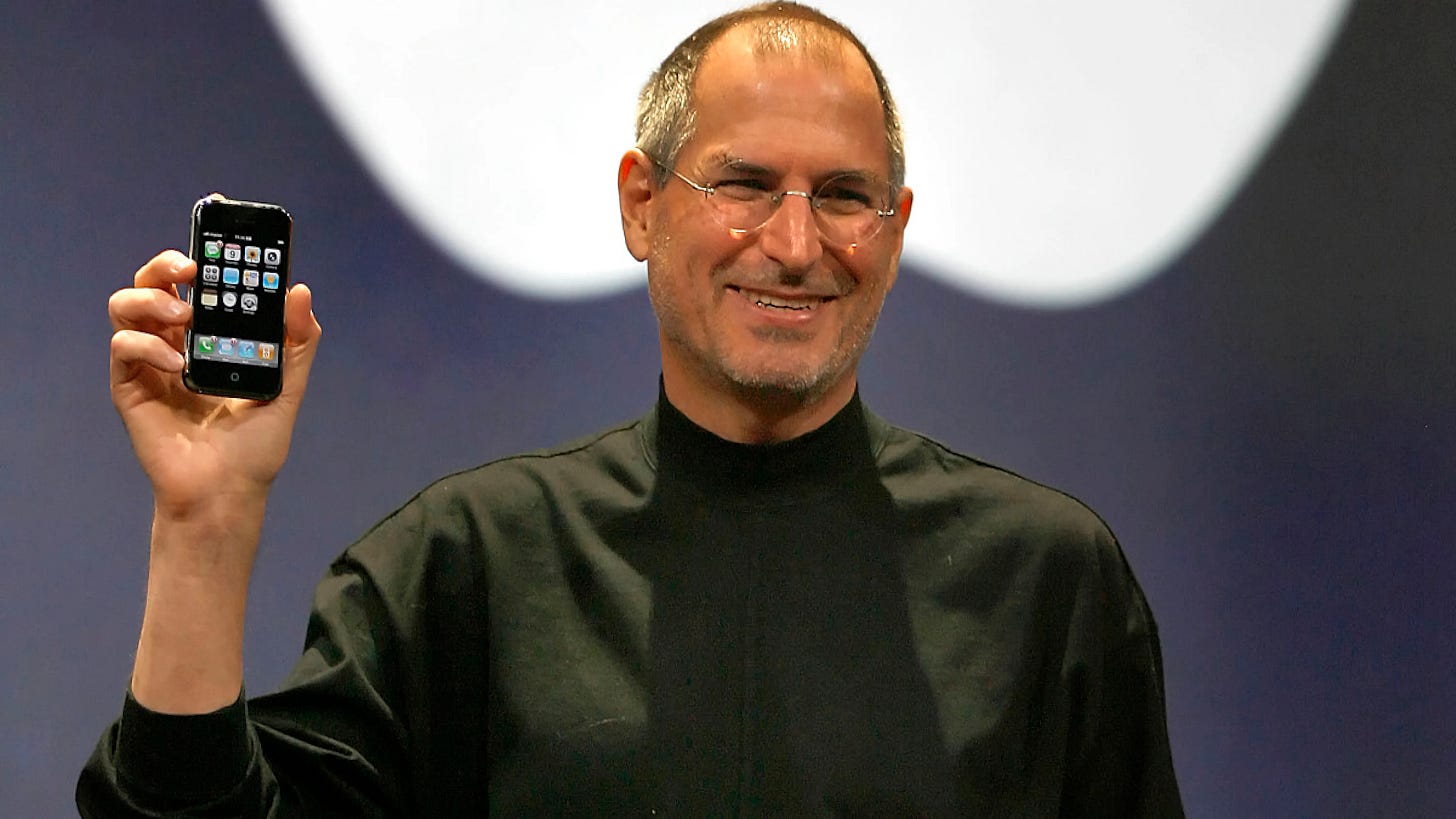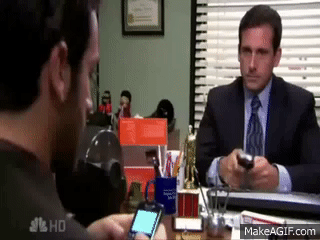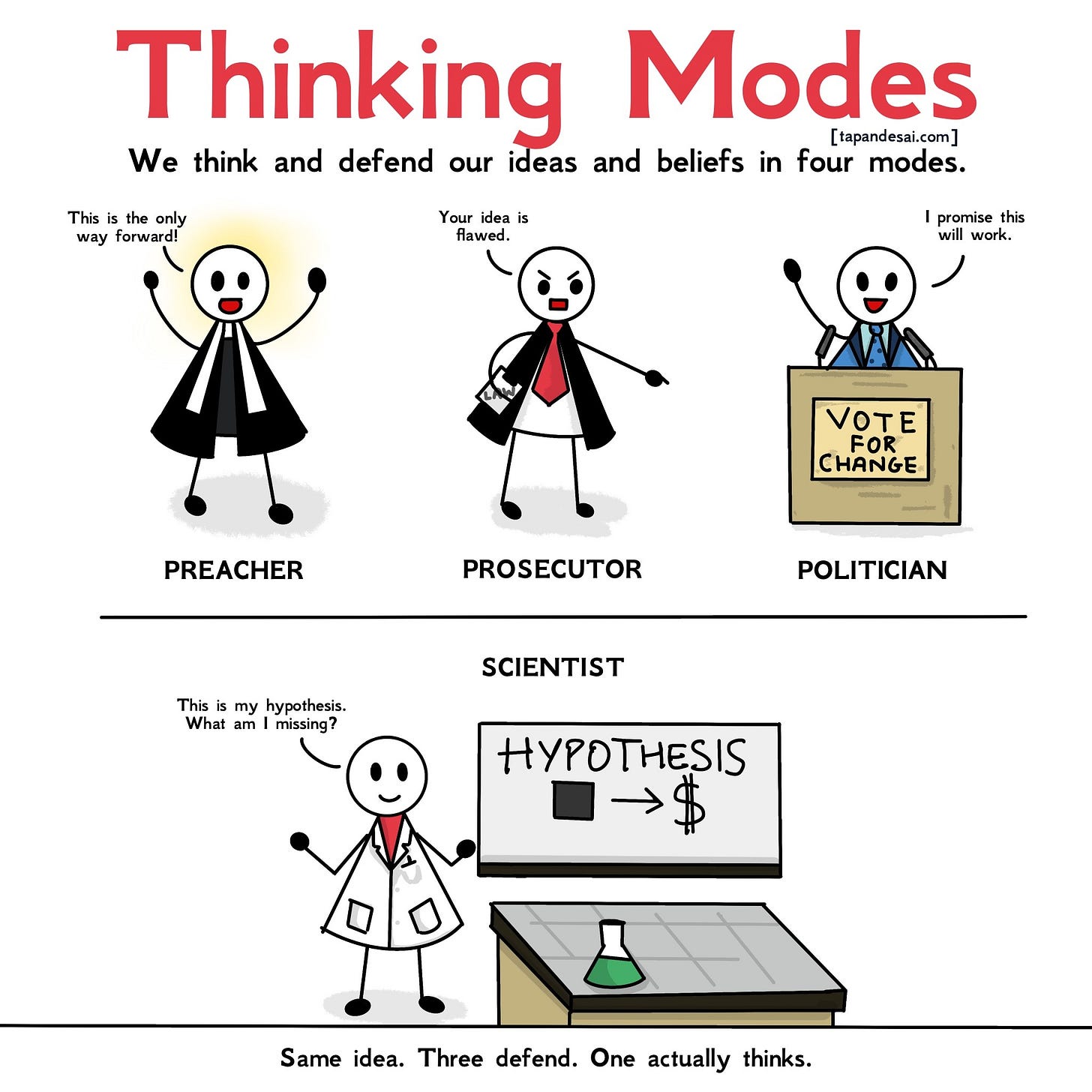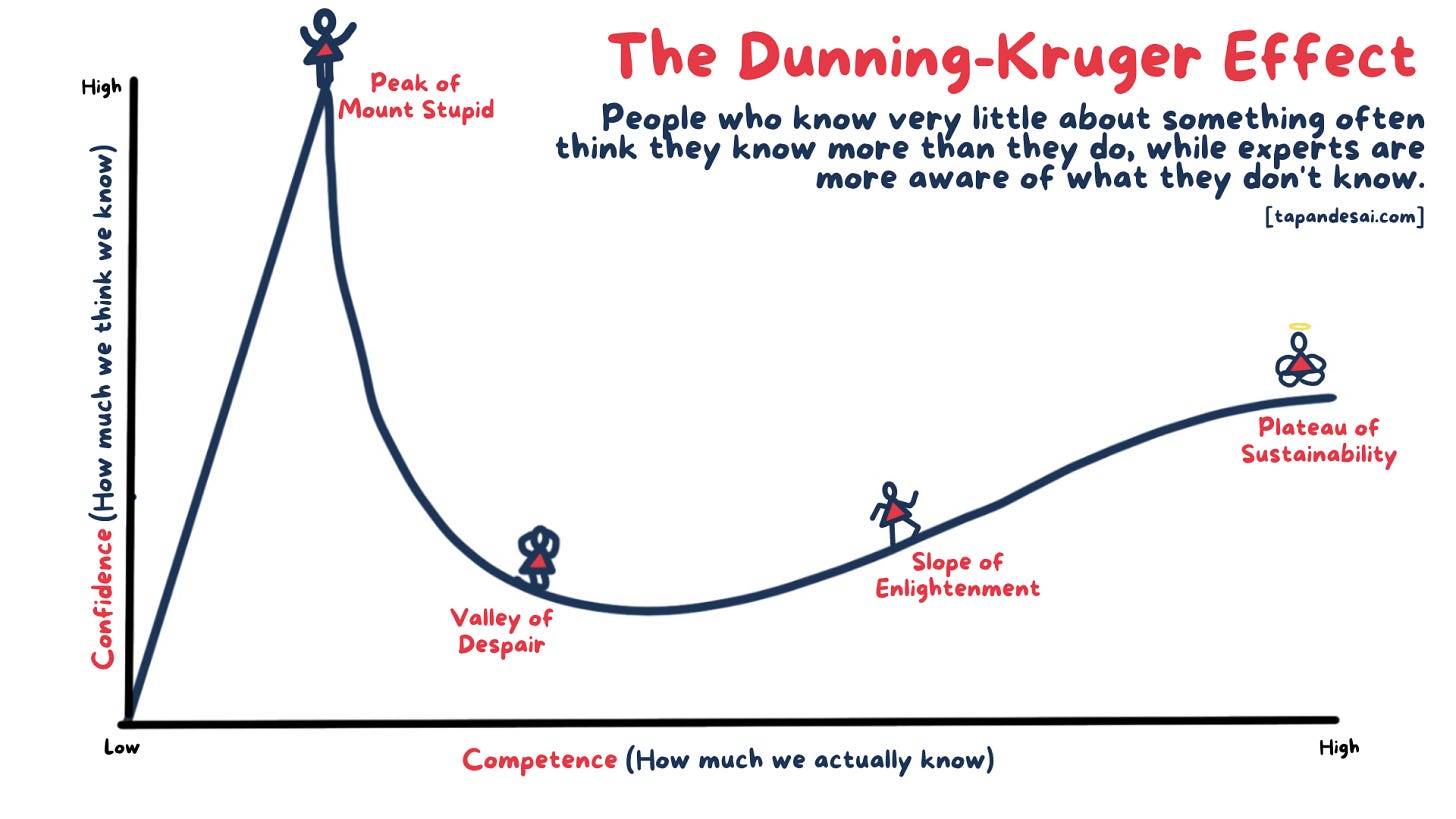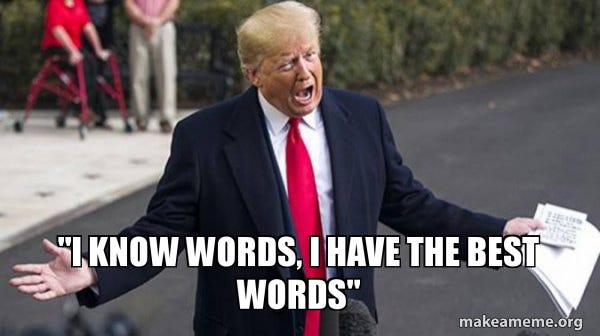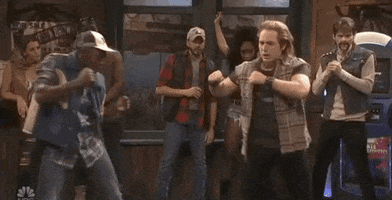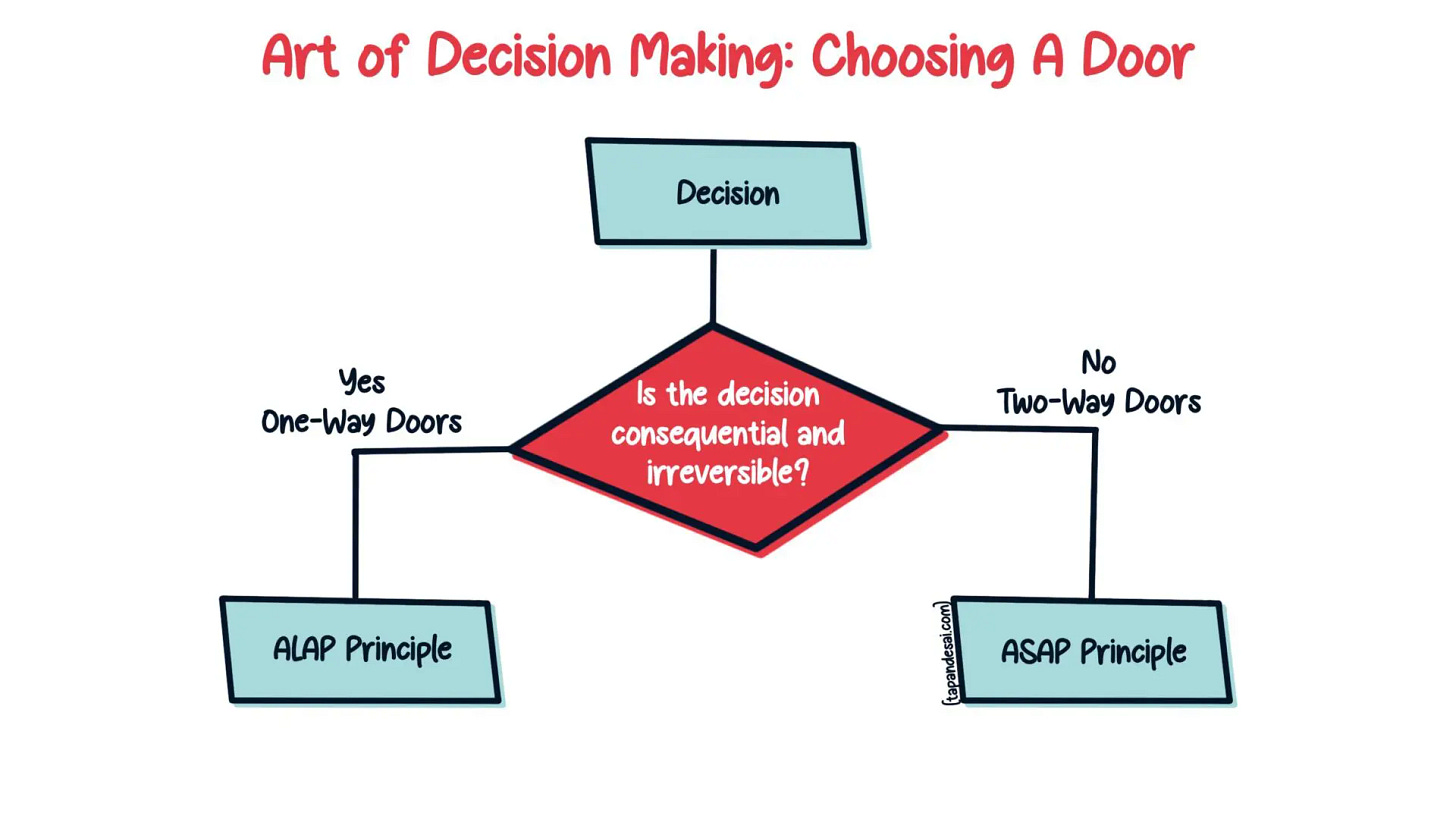Trump Never Rethinks. Should You?
Lessons from Think Again on confidence, curiosity, and letting go of being right.
If you want to show support, please hit the ❤️ “Like” button at the top or bottom.
What if being right today means being wrong tomorrow?
Mike Lazaridis might be one of the greatest inventors you have never heard of.
In the 1990s, he revolutionised Hollywood by creating a barcode reader that synchronised audio and video, so groundbreaking it won an Emmy1.
But Lazaridis had bigger plans.
He built a handheld device so addictive, it changed how the world worked.
Presidents carried it. CEOs couldn't live without it. If you had one, you were ahead of the curve. It was secure, efficient, and unashamedly practical.
Then, something unexpected appeared: a sleek slab of glass - no keyboard, no buttons, no respect for the old ways. The iPhone.
The world tapped. Swiped. Scrolled. Lazaridis held firm.
While Apple built an ecosystem of apps, Lazaridis clung fiercely to his iconic keyboard. His vision. His past.
You know the device now. The BlackBerry. A name that once meant power... and now means nothing.
Lazaridis got it right at first when he created the BlackBerry. His mistake was not asking: Am I still right?
The real danger isn’t in being wrong, but in refusing to rethink.
Before we go further, every idea in this issue comes from Think Again by Adam Grant. It’s a must-read on the art of rethinking, even when you're sure you're right.
The Preacher, the Prosecutor, the Politician... and the Scientist
In Think Again, Adam Grant introduces four roles we unconsciously play:
Imagine you're pitching a bold idea at work.
Preacher: You defend passionately, ignoring doubts, treating your idea as gospel.
Prosecutor: You attack opposing feedback, determined to win rather than learn.
Politician: You tailor your pitch to please powerful stakeholders, trading honesty for approval.
The problem? None of these modes are designed to discover the truth.
They exist to defend our current version of it. They exist for validation, victory, and survival.
But there's a fourth way - the Scientist.
Imagine the same person pitching their idea, but now they approach it like an experiment.
They present their idea as a hypothesis.
They welcome questions that poke holes.
They treat feedback as data, not threats.
If the results prove them wrong, they’re excited to revise.
Use the scientist mindset at work by testing ideas, welcoming criticism, and being eager to revise when the data disagrees.
After all, the purpose of learning isn’t to affirm our beliefs; it’s to evolve our beliefs.
— Adam Grant, Think Again
🚨 Quick sidebar: Enjoying what you are reading? Sign up for my newsletter to get similar actionable insights delivered to your inbox.
Pssttt… you will also get a copy of my ebook, Framework for Thoughts, when you sign up!
The scientist mindset becomes even more important when confidence leads us astray.
The Confidence Trap: Between Armchairs and Impostors
Here’s the paradox: the more confident you feel, the more likely you are to be wrong.
It’s called the Dunning-Kruger effect, when people with low ability overestimate their skills and vice versa.
There’s a name for the high point of this illusion: the Peak of Mount Stupidity. Like football fans yelling at their TVs, convinced they know more than the coach.
Adam Grant calls them "armchair quarterbacks."
On the other end of the spectrum is impostor syndrome. People who are competent, but feel like frauds.
Too much confidence blinds you. Too little confidence stalls you.
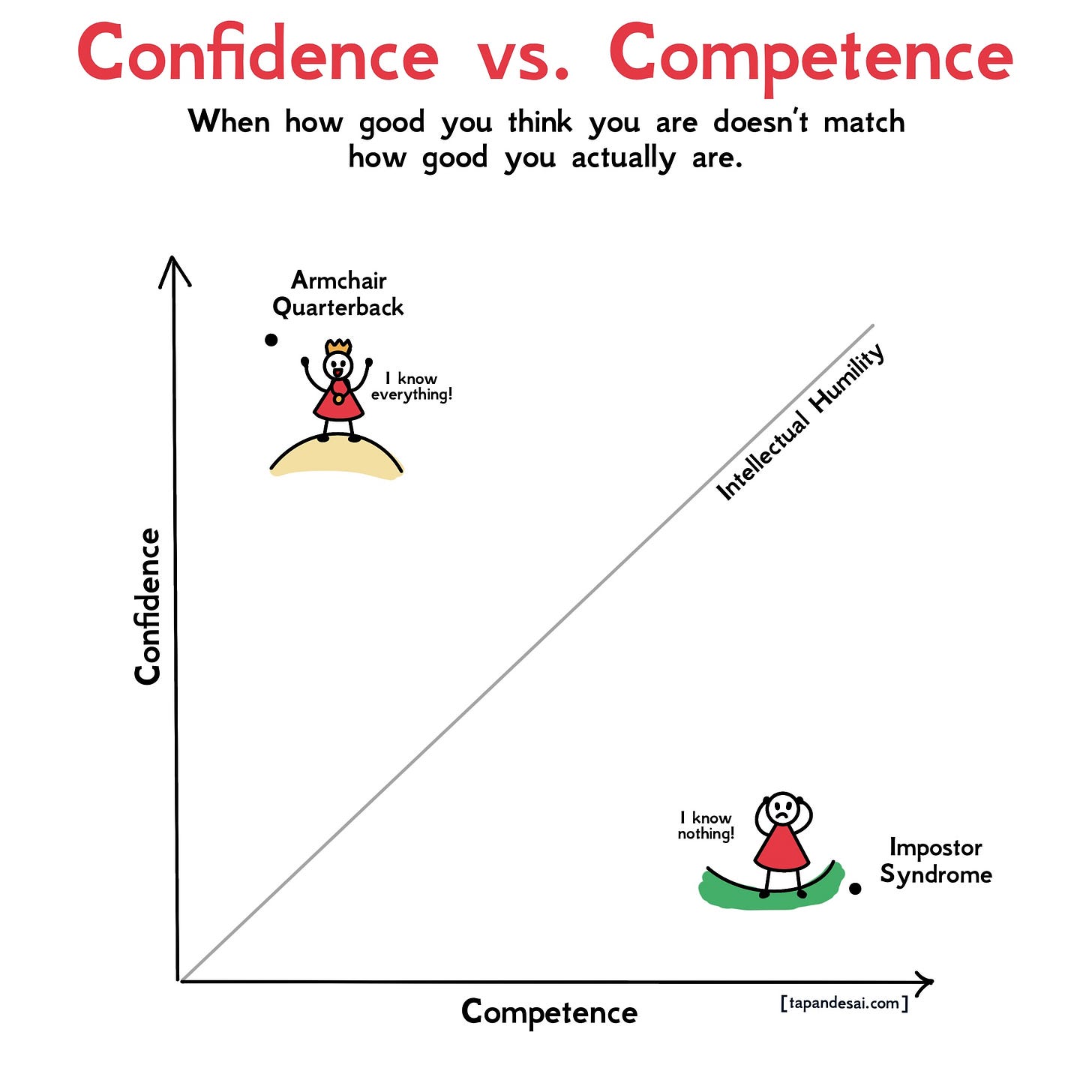
The sweet spot? Intellectual humility.
One person who mastered this? Daniel Kahneman, the Nobel Prize-winning psychologist and the author of Thinking, Fast and Slow.
He spent his career studying human error, once heard about a research finding that contradicted his assumptions. Instead of brushing it off, he lit up with a grin and said, "Wonderful! Now I am less wrong than before."
He knew what many don’t:
Being wrong isn’t a flaw. It’s a feature of learning.
Intellectual Humility: The Superpower No One Brags About
Daniel Kahneman exemplifies rational thinking. Donald Trump shows us what happens without it.
Donald Trump famously said, "I alone can fix it." And later: "I have the best words."2
Love him (really?) or hate him, this is what overconfidence without correction looks like.
Trump rarely revises his views3, even in the face of evidence.
He doesn’t rethink. Trump doesn’t approach his idea like a scientist. He is perpetually stuck on the Peak of Mount Stupidity.
When you are always right, there’s no room to grow. No room to listen. No room to rethink.
Speak confidently as if you are right but listen carefully as if you are wrong.
— Kevin Kelly, Excellent Advice for Living
Good arguments aren't about overpowering the other side. They are about being open to being changed.
Which brings us to a new metaphor:
The Debate is a Dance, Not a War
Most people treat disagreements like a fight. But what if debate worked more like a dance?
Fights have winners and losers. Dances have rhythm.
When you are rethinking, you have to dance.
Adam Grant explains that expert negotiators do four things differently:
They ask questions instead of making declarations.
They lead with their strongest point, not every point.
They take the time to understand and strengthen the other side's best argument, not just tear down the weakest one.
They listen more than they speak.
This is how they are able to find a middle ground, rethink, and grow.
People who are right a lot listen a lot, and they change their mind a lot. If you don’t change your mind frequently, you’re going to be wrong a lot.
— Jeff Bezos, Invent and Wander
This approach isn’t just for family WhatsApp groups. It works in business, too.
Imagine this at work:
Proposing a new idea? List the conditions under which you would change your mind.
Hiring a new team member? Ask how often they admit they are wrong.
Debating a strategy? First, ask if it’s a one-way door (irreversible) or a two-way door (reversible). You don’t need to rethink every decision - just the ones that matter.
For the rest, apply the ASAP vs. ALAP approach from Clear Thinking by Shane Parrish.
Not everything requires rethinking. But the things that matter most, the culture, trust, strategy, probably do.
Summary: What to Rethink
From Mike Lazaridis clinging to the past, to Donald Trump resisting correction, to the quiet wisdom of turning debate into a dance - this is what Think Again teaches us.
Your role: Preacher, Prosecutor, or Politician? Be a Scientist.
Your confidence: Too much = blind spots. Too little = feeling like an impostor. Sweet spot = intellectual humility.
How you think: Don’t fight to win but dance to learn.
When to rethink: Not all decisions are equal. Rethink when it counts. Let go when it doesn’t.
The smartest people aren’t always right. They are just willing to become less wrong, faster.
Until next time,
Tapan (Connect with me by replying to this email)
Thank you for reading! 🙏🏽 Help me reach my goal of 2,300 readers in 2025 by sharing this post with friends, family, and colleagues! ♥️
As an Amazon Associate, tapandesai.susbtack.com earns commission from qualifying purchases.
Hurricane Dorian and the Sharpie Map, Obama’s Birth Certificate, 2020 Election Fraud Claims, Downplaying the Global Pandemic, and most recently, Tariffs. He doesn’t rethink, seriously.






